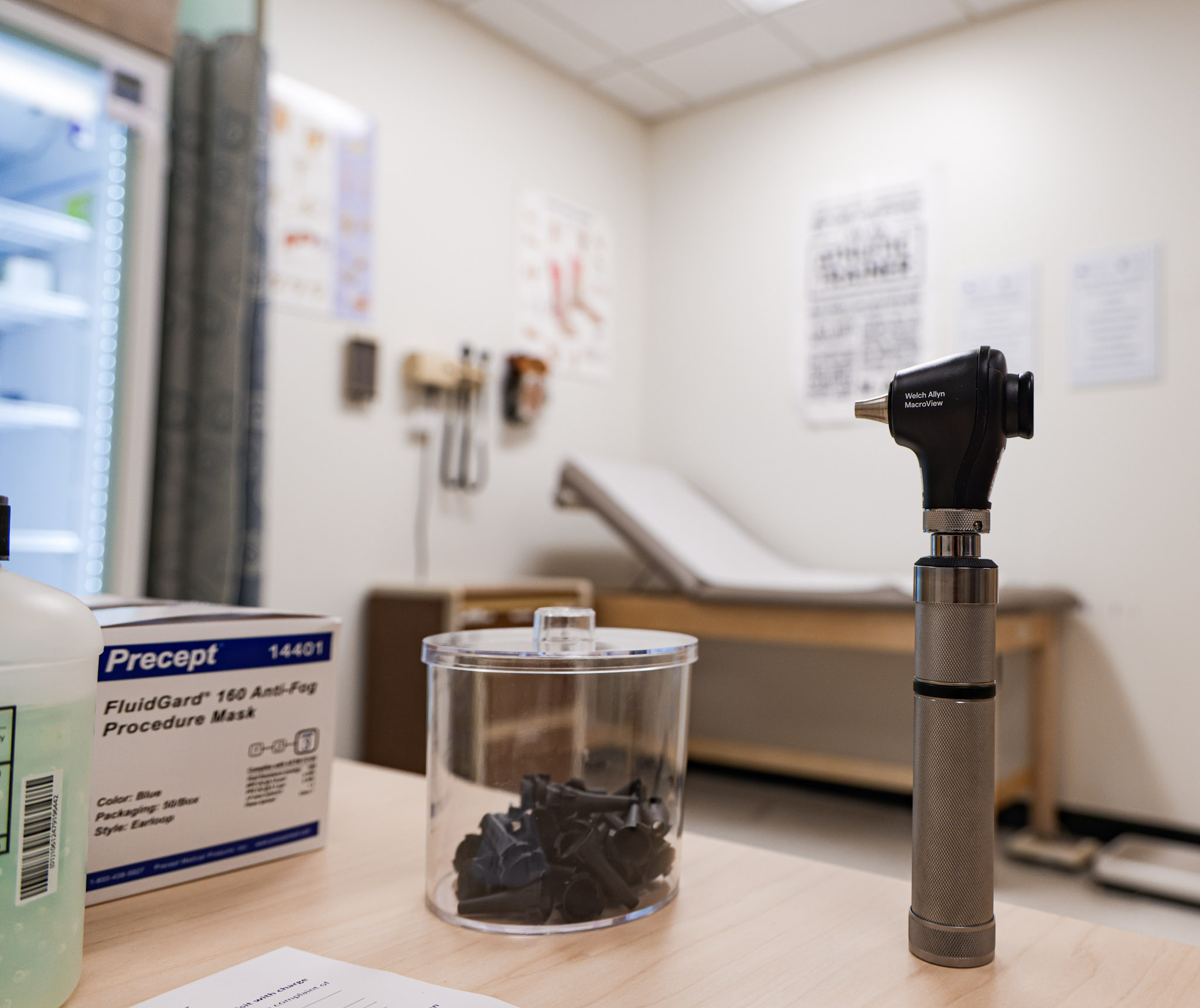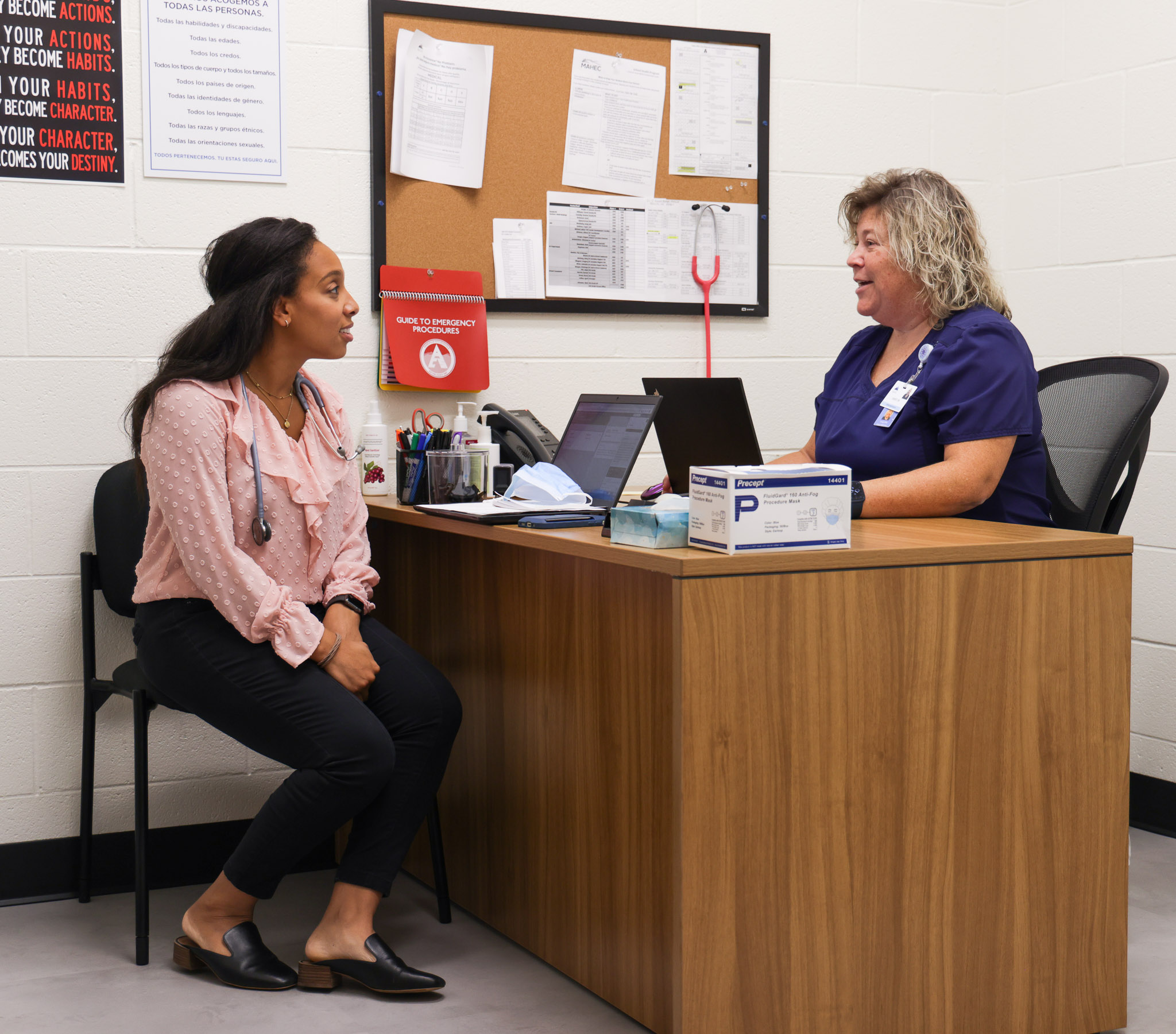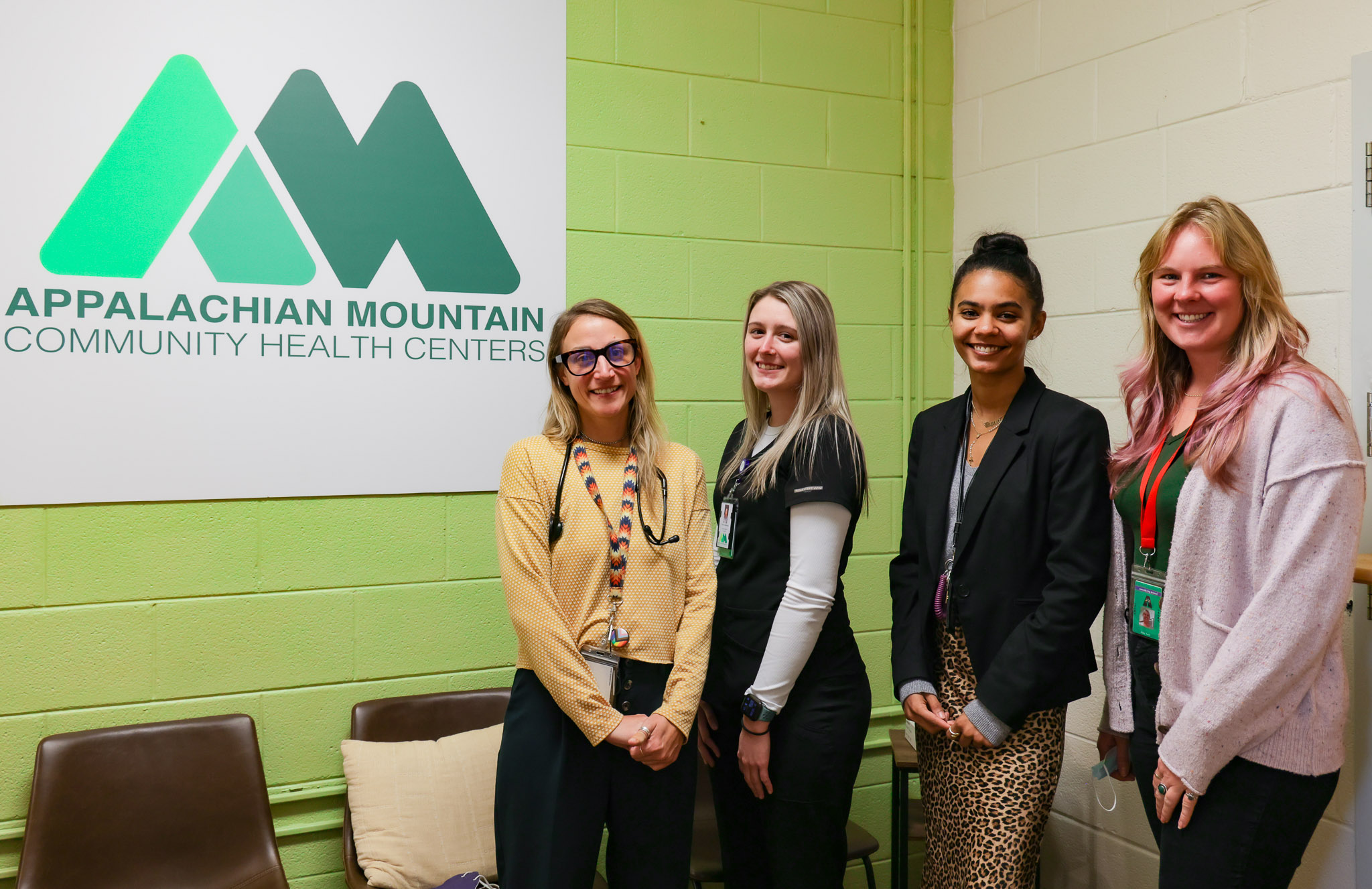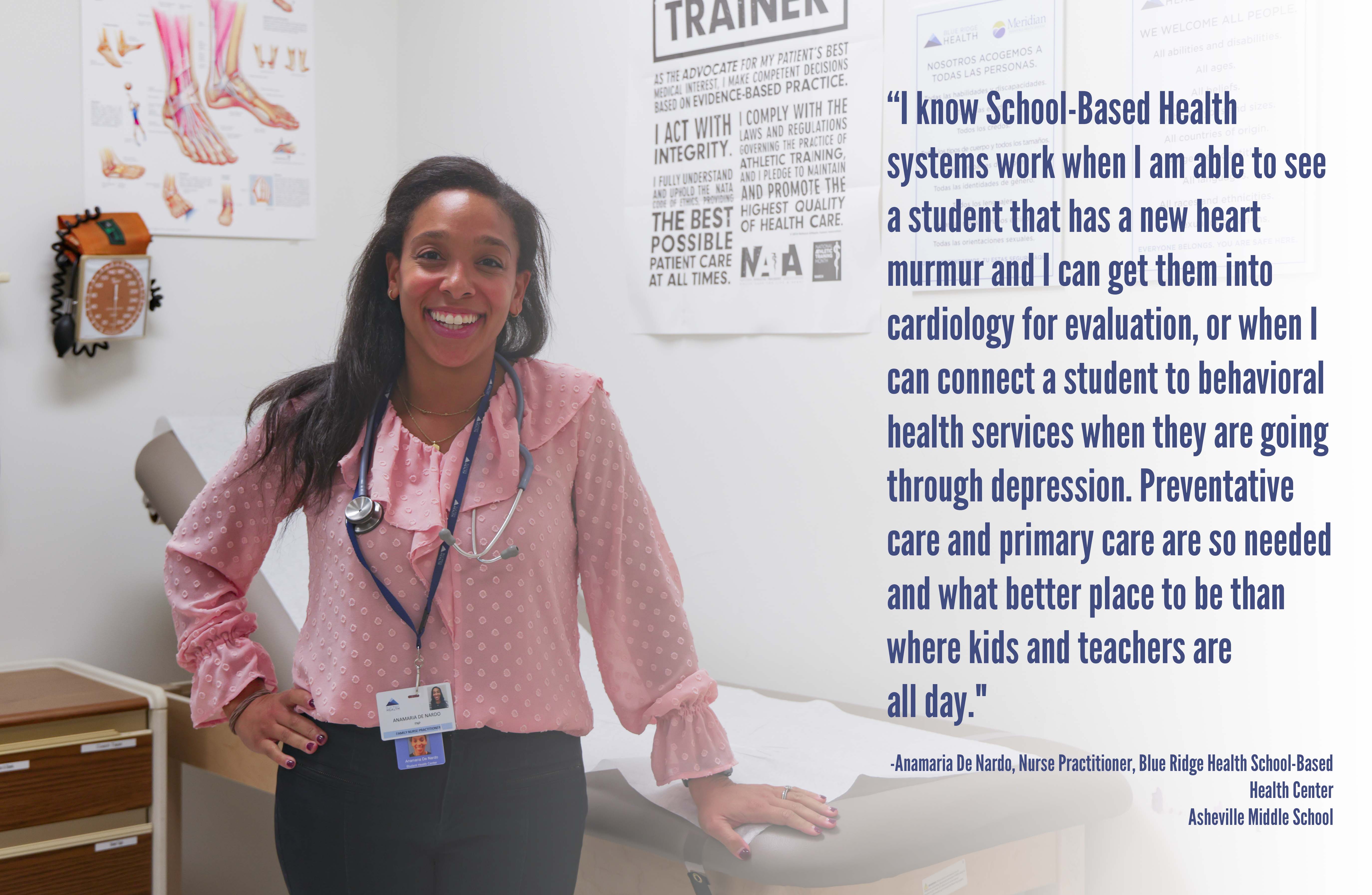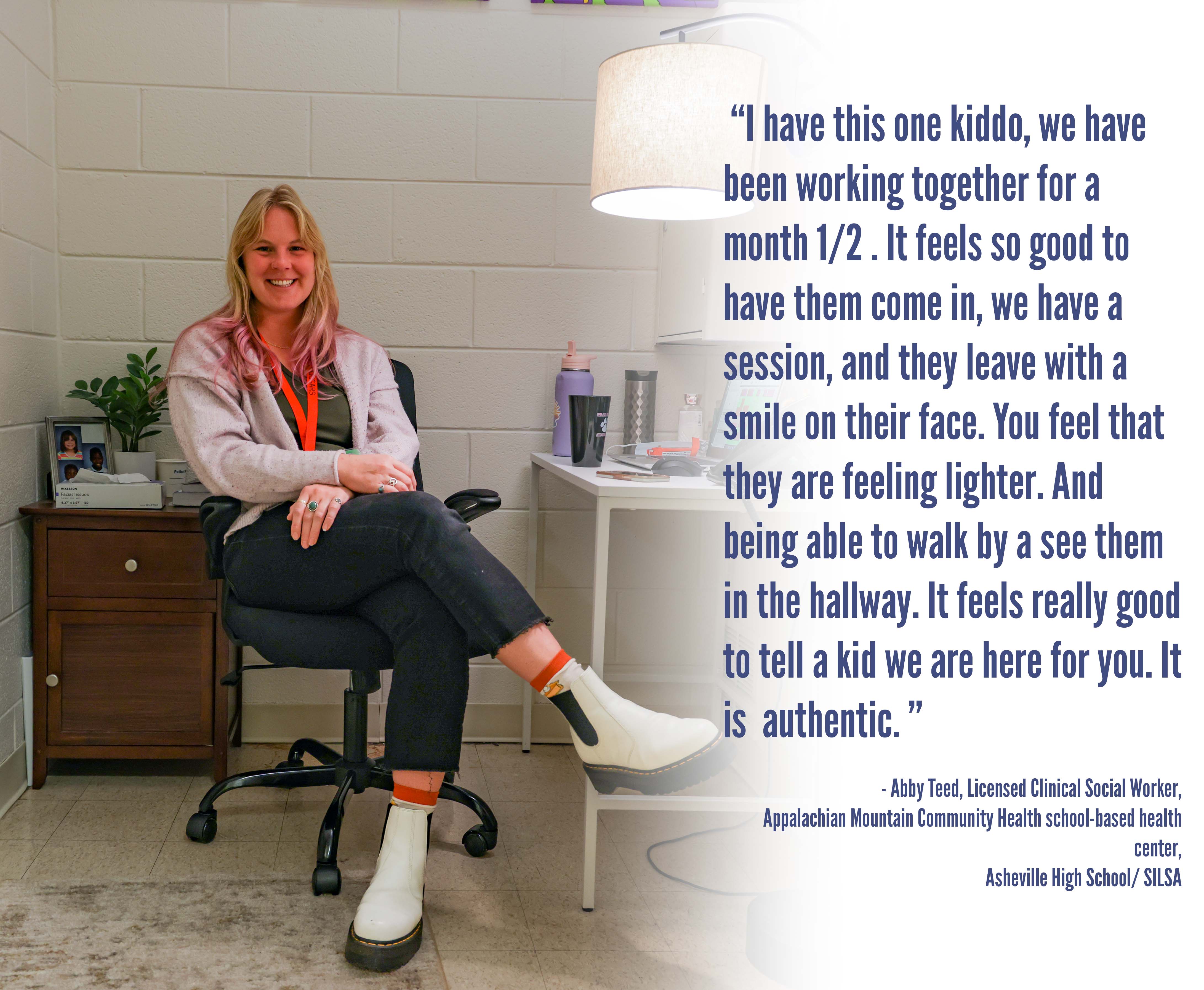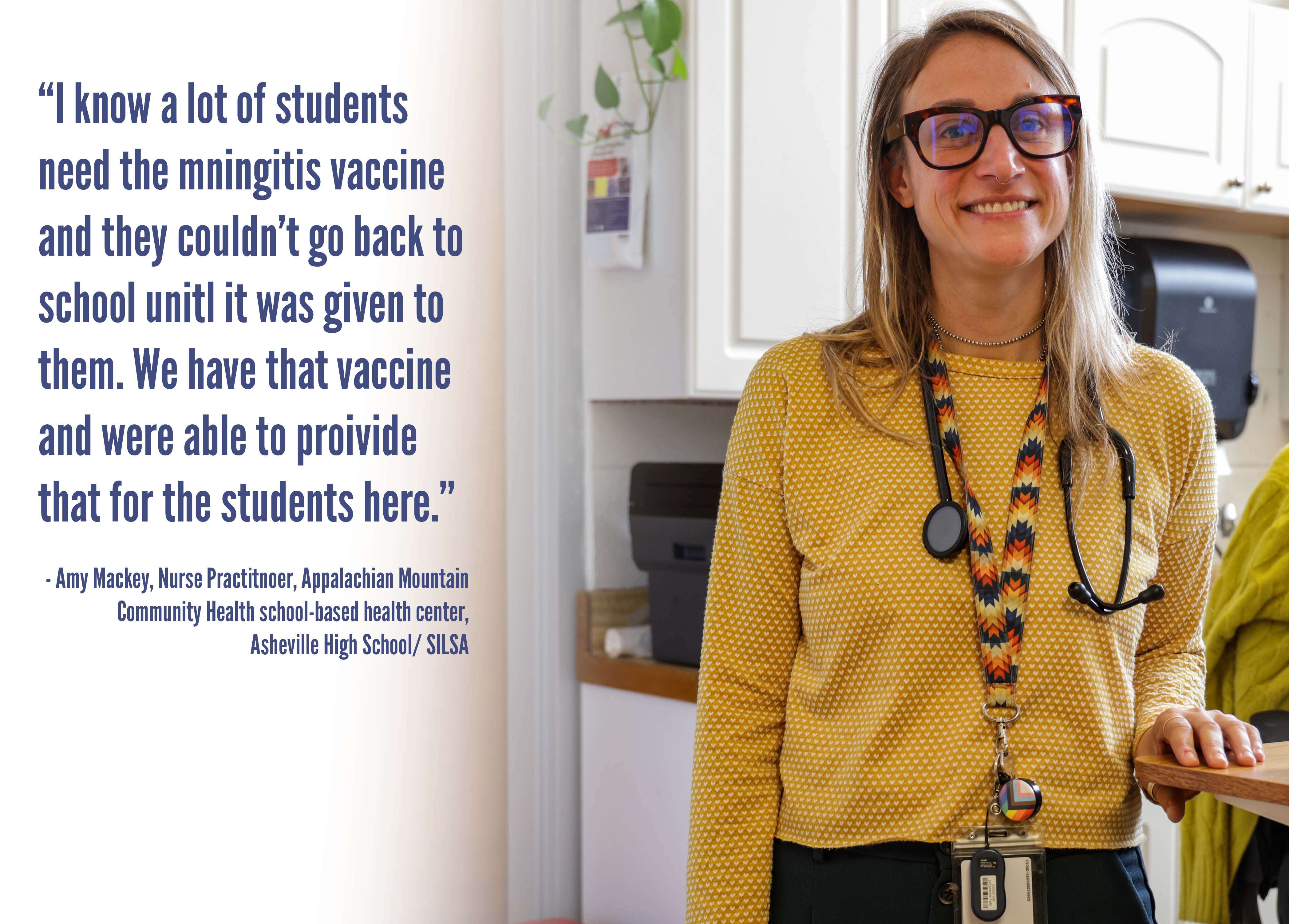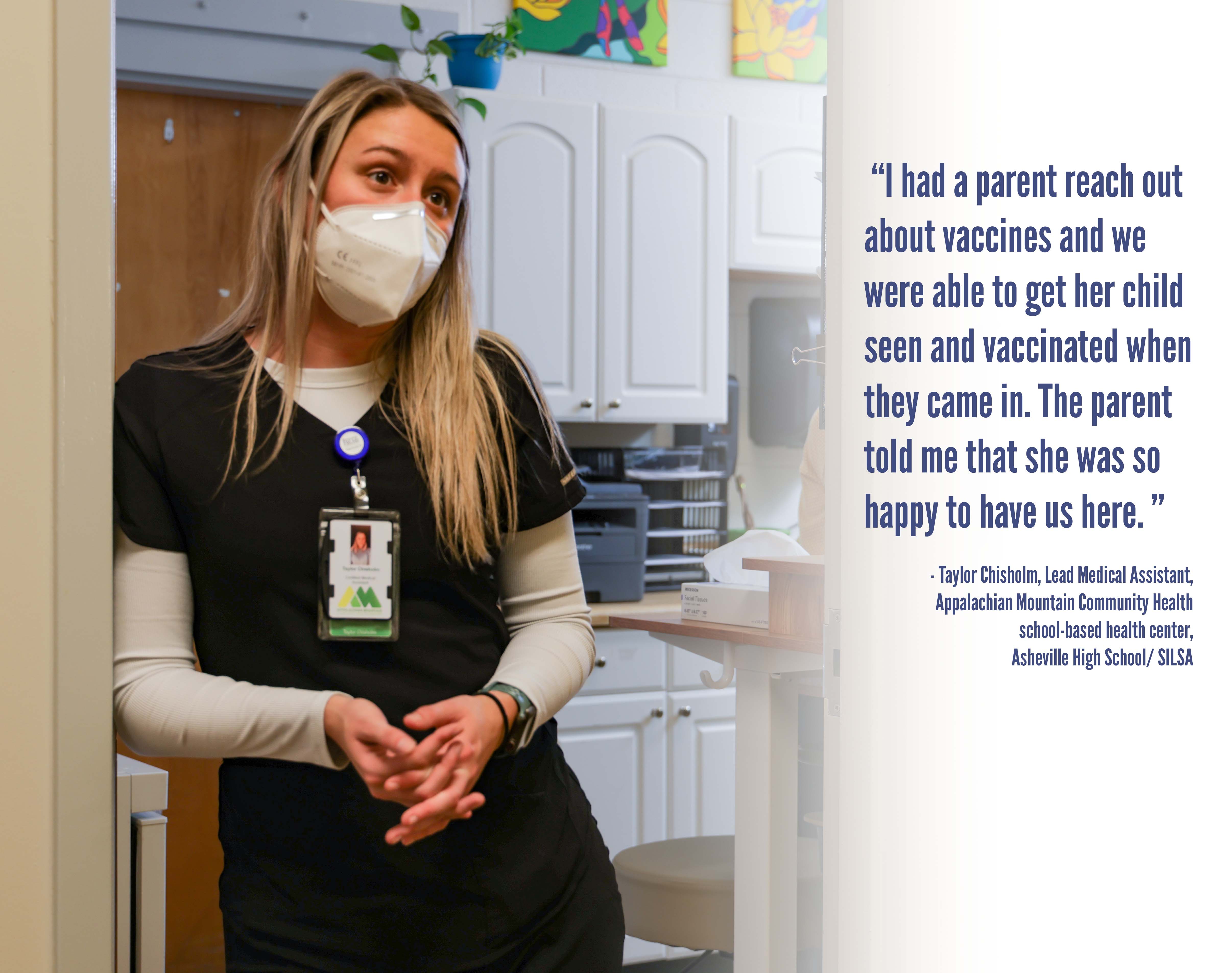Your phone rings - caller id shows your child’s school is calling you. Pausing your busy day, you pick up and hear a voice on the other end of the line saying, “Your child is sick and you need to come to pick them up from school, immediately. We also recommend you visit your pediatrician's office as soon as possible.”
If you have had or currently have a child that is of grade-school age or even have a family member, friend, or co-worker who does, this scenario is most likely familiar to you. Especially as winter brings on flu and cold season, more and more of these calls may be made. Minor illness of a child can halt parent's and guardian's days. However, school-based health centers (SBHC) are aiming to provide the quality health care kids deserve from within the school grounds. Hopefully making scenarios like the one above a much less common occurrence.
Unlike the school nurse, whose work is nonetheless essential to a thriving school community, school-based health centers (SBHC) provide a team of Nurse Practitioners, medical assistants, and licensed clinical social workers who provide access to a fully functioning clinic. This means that students do not need to be sent home if they need medications like over-the-counter pain relievers. Having fully functioning clinics also means that our public schools can provide students with NC assessment physicals, sports physicals, refer to specials, vaccines, draw blood, and well-child checks.
Currently, three public schools within Buncombe County provide school-based health centers. Asheville Middle School, Erwin Middle School, and Asheville High School/ SILSA. Both Asheville Middle and Erwin’s SBHC are the outcomes of work conducted in collaboration between United Way of Asheville and Buncombe County, MAHEC, Buncombe County Health and Human Services, Buncombe County Schools, and Asheville City Schools, with Blue Ridge Health. While the SBHC in Asheville High School/SILSA is not directly partnered with United Way, our work often overlaps and our dedication to secure wrap-around services for all students is shared.
Anamaire De Nardo is the Nurse Practitioner at the Blue Ridge Health school-based health center at Asheville Middle School. De Nardo cares deeply about long-term health care, specifically preventative care De Nardo says,
“Preventative care and primary care are so needed and what better place to be than School-based health where kids and teachers are all day and I am the provider that can see them right away, get a quick diagnosis, and be able to monitor and care for them right at the school.”
Like De Nardo, the Appalachian Mountain Community Health staff at the Asheville High School health center understand why students must have easily accessible care for their physical and mental health. Abby Teed, the licensed Clinical Social Worker at the Appalachian Mountain Community Health center at Asheville High notes, “There are just not enough mental health supports in schools… there are waitlists for children psychiatric clinics that are 6 months out.”
For many students struggling with a mental health crisis or simply needing extra support, 6 months is a detrimental amount of time to wait for proper care. Even with physical healthcare, De Nardo says that appointments can be difficult to obtain as, “The community of Asheville is a tight-knit community and referrals are based a lot on word of mouth.” But with having a fully functioning clinic and staff at the school-based health centers students can see a mental health specialist like Abby Teed immediately and obtain referrals to a specialist by Nurse Practitioners like Anamaria De Nardo.
The services provided by both the Blue Ridge Health and Appalachian Mountain Community Health school-based health centers are committed to “wrap-around” service. Which describes providing our youth with secure and accessible services, education, and health care. But no one organization can be a full provider of wrap-around care. That’s why decreasing barriers for school staff, families, and organizational partners is critical in the effort to ensure that children have all the tools they need to achieve their dreams and goals.
“We need the support of everyone! The principal, support staff, teachers, and the community all need to be involved…” says De Nardo. And support has been shown! Abby Teed notes that United Way of Asheville and Buncombe County (UWABC) has been indispensable in the effort to connect the greater Buncombe county community to the resources of school-based health centers. “Tatayana [the UWABC Community School Coordinator] has been great at helping us build relationships. She has really helped us integrate into the school system”, says Teed. She goes on to say,
“I think it’s really beautiful that our community is starting to come together. Asheville Middle has an SBHC and this is for high school students both of these have great resources for parents, so we are starting to see where we are meeting the needs of the whole family and community.”
Check Out Stories from the Medical staff


